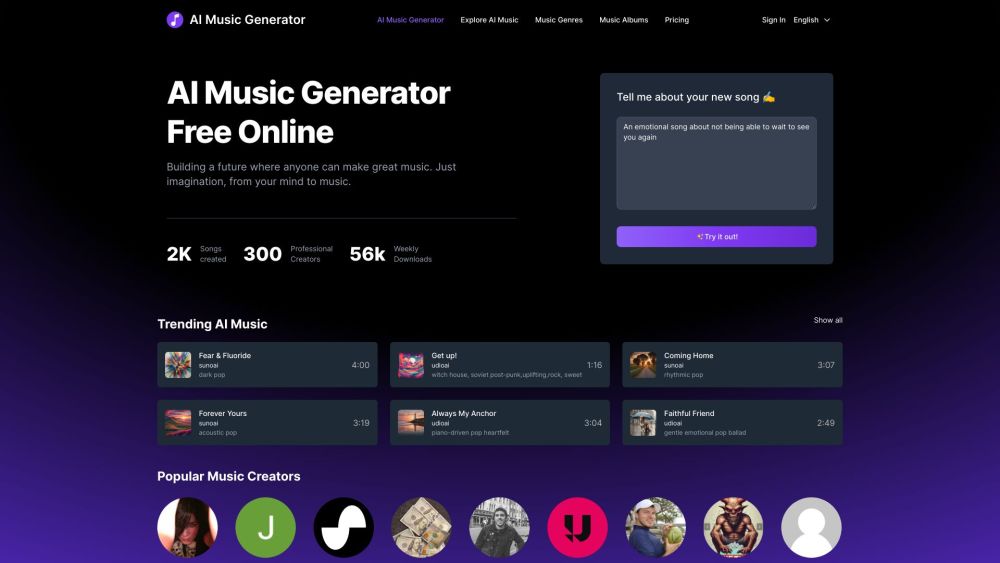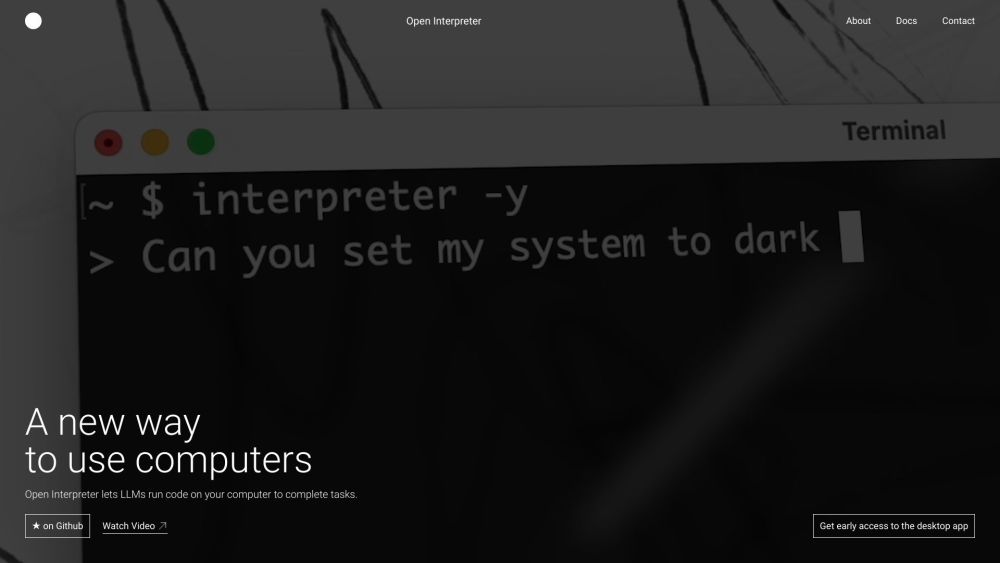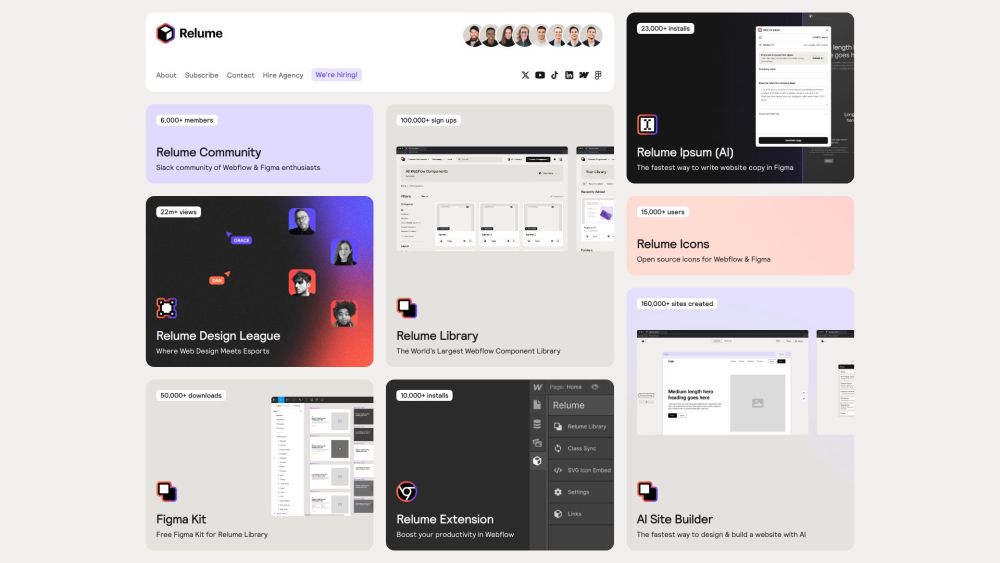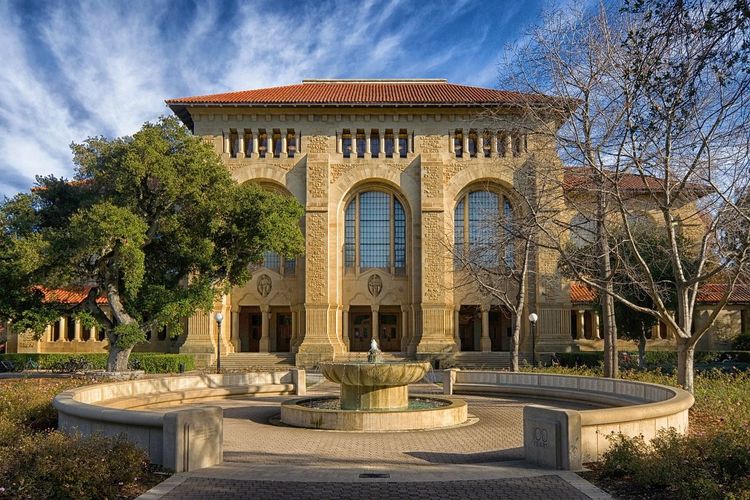Tim Brooks, Co-Lead of OpenAI's Sora, Joins Google DeepMind
Tim Brooks, the co-lead on OpenAI’s video generation project, Sora, has made the transition to Google. In a recent post on X, Brooks announced that he will join Google DeepMind, the technology giant's AI research division, where he will focus on developing innovative video generation technologies and "world simulators."
“I had an amazing two years at OpenAI working on Sora,” Brooks expressed. “I’m grateful to all the passionate and supportive individuals I collaborated with.” He further added, “Excited for the next chapter!”
Google DeepMind CEO Demis Hassabis welcomed Brooks with enthusiasm, noting that he’ll contribute to realizing the aspirational vision of a world simulator. Although the term "world simulator" lacks a precise definition, it is associated with models like DeepMind's recently launched Genie, which creates immersive, interactive virtual environments from a variety of inputs, including synthesized images, photos, and even sketches.
In a 2023 research paper, DeepMind researchers elaborated on the potential applications of such simulators: “From controllable content creation in games and films to training embodied agents in simulations for real-world deployment, the possibilities are vast.”
Brooks was instrumental in launching the Sora project at OpenAI in January 2023, and he has played a key role in defining its research direction and training large models. His departure comes at a challenging time for Sora, which has not yet been released and faces technical difficulties that hinder its competitiveness against offerings from companies like Luma and Runway. According to reports, the original Sora model required over 10 minutes to process just one minute of video. However, sources indicate that OpenAI is working on an enhanced version aimed at significantly reducing processing time.
Google has also introduced its own video generation model, Veo, which was unveiled at the company’s recent I/O developer conference. Veo is set to be integrated into YouTube Shorts, enabling creators to easily produce six-second clips and engaging backgrounds.
In addition to technical challenges, OpenAI has reportedly lost ground in forming valuable partnerships in the video generation landscape. Last month, Runway secured a deal with Lionsgate, the studio behind the “John Wick” series, to develop a customized video model using Lionsgate’s extensive film catalog. Shortly after, Stability AI, which is also advancing its video generation capabilities, brought on board renowned director James Cameron.
Earlier this year, OpenAI sought to forge partnerships with filmmakers and Hollywood studios to showcase Sora's functionalities, with former CTO Mira Murati even attending the Cannes Film Festival. Despite these efforts, OpenAI has not yet established a long-term collaboration with a major production studio.
Interestingly, Brooks’ return to Google is noteworthy, as he previously contributed to the development of the company’s Pixel phones. His move follows a wave of significant departures from OpenAI. In late September, key figures like CTO Mira Murati, chief research officer Bob McGrew, and research VP Barret Zoph announced their resignations. Prominent research scientist Andrej Karpathy left OpenAI in February, and co-founder Ilya Sutskever departed alongside former safety leader Jan Leike. Co-founder John Schulman also declared plans to leave, while Greg Brockman, the company president, is currently on sabbatical.
This shift in talent reflects a broader transition in the AI landscape, highlighting the competitive race in video generation technology.





